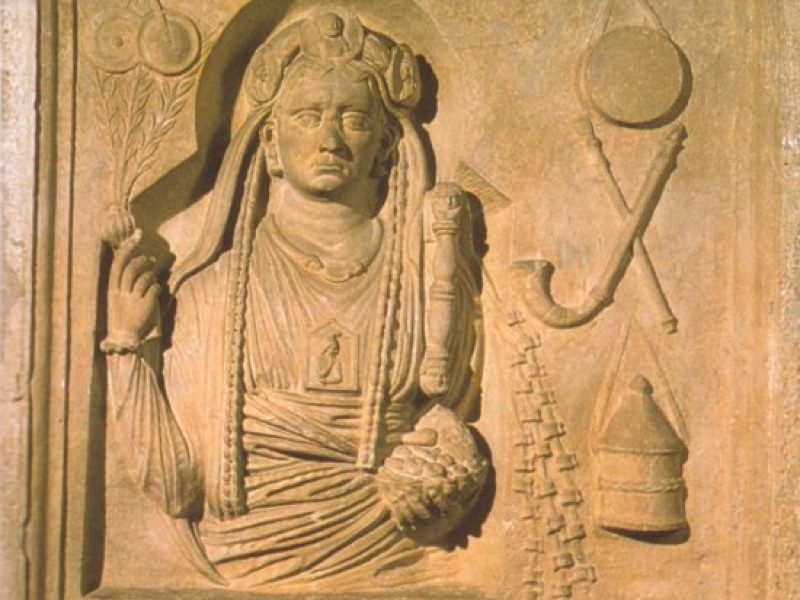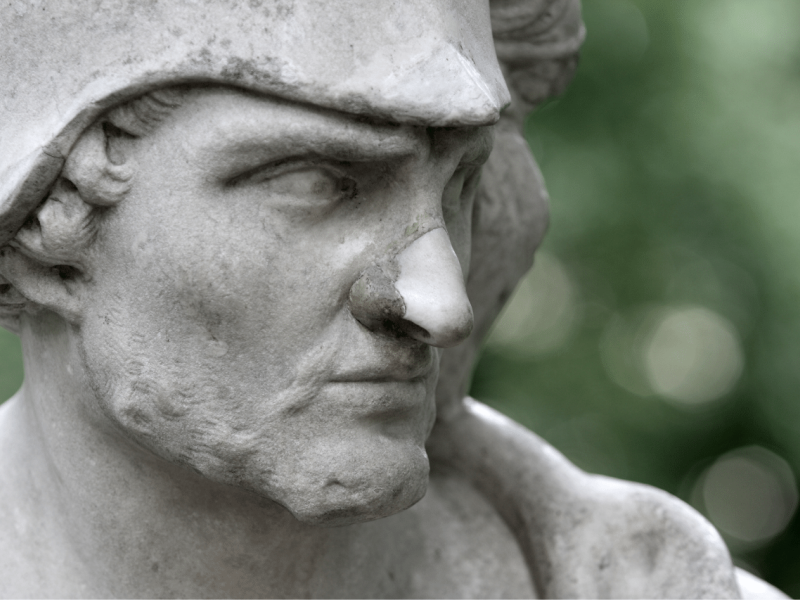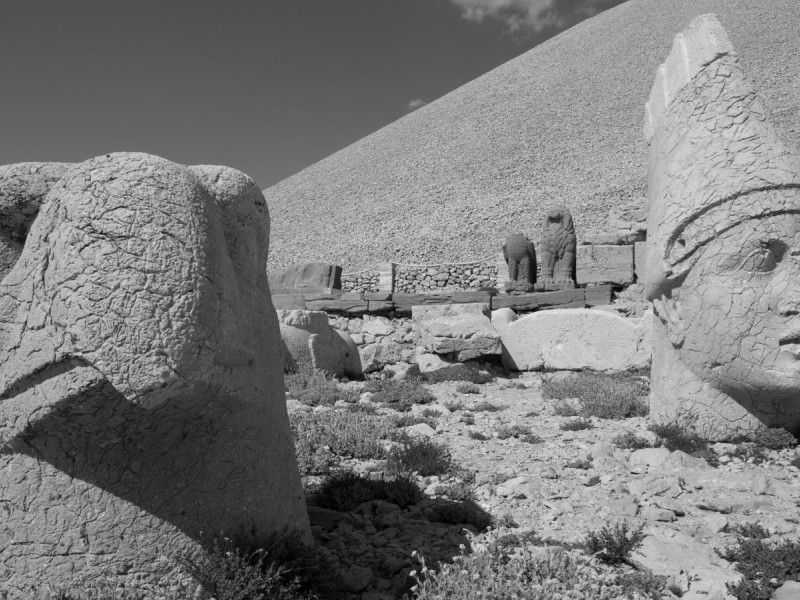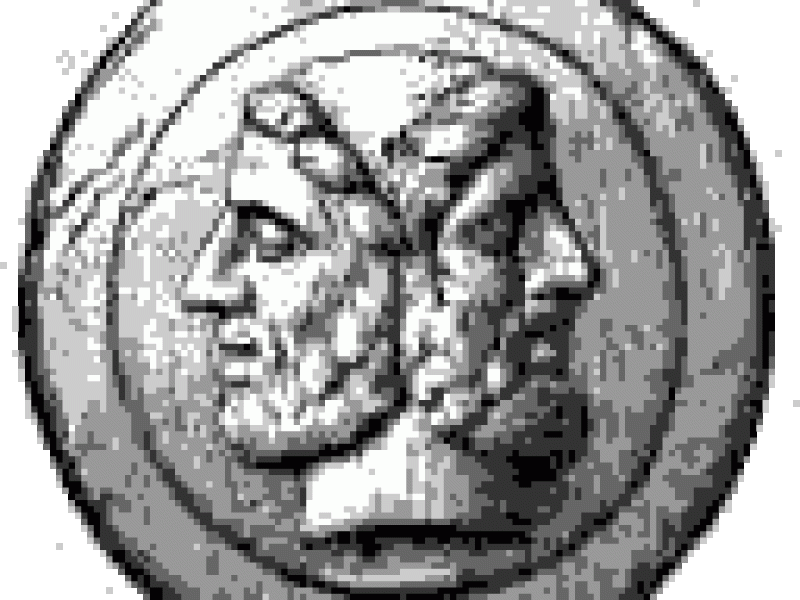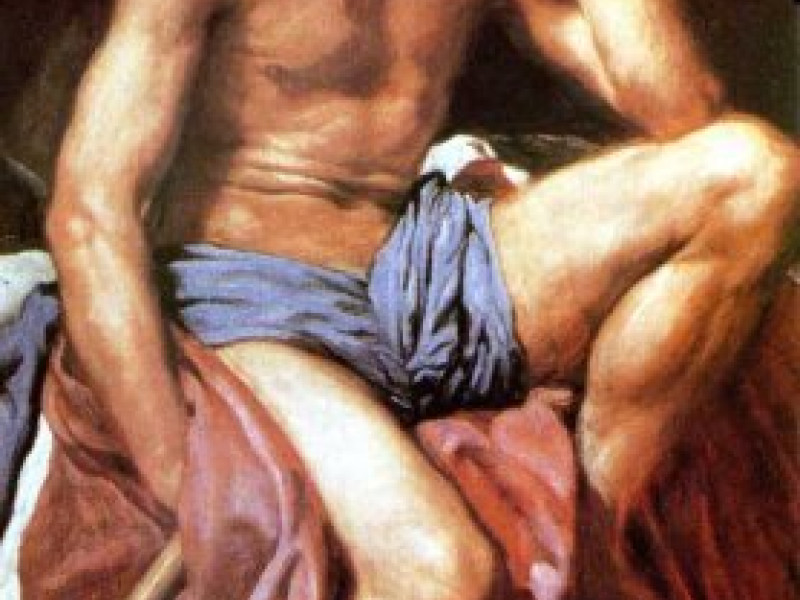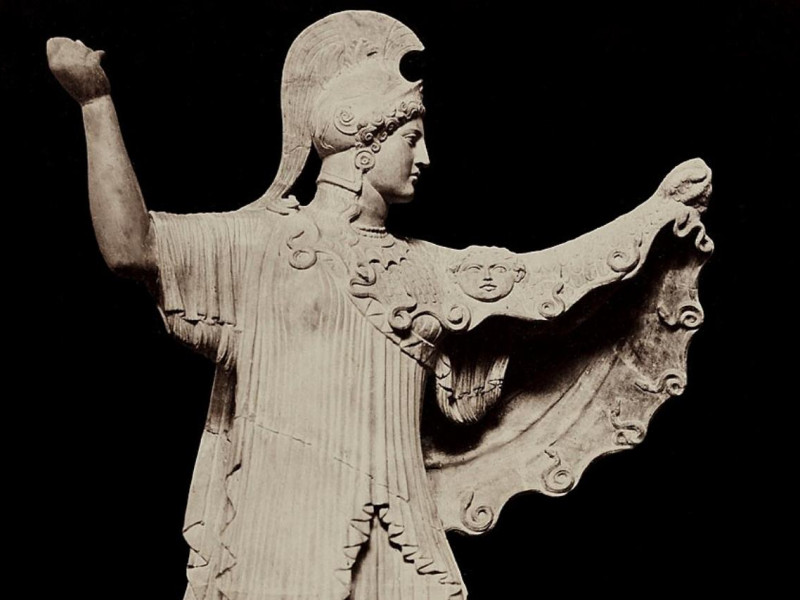Mithra
Mithra was a god that originated in the east, in India, where he was known as Mitra, but the cult of Mithra had spread to the west during the Hellenistic period, after Alexander the Great had conquered the mighty empire of Persia. Mithra and the religion of Mithraism became increasingly popular in Europe, reaching its height during late Imperial Rome, in the 3rd and 4th centuries AD.
Mithra appeared to be the sun god in the cults of the mighty empire of Persia. The Romans saw him as a soldier or warrior god.
At the moment I haven't studied the myths concerning Mithra. When I have more time, I will write more details about him. All I do know is that the bull was sacred to him, which symbolised strength, vitality and fertility. So the worshippers often sacrificed a bull to him.
Related Information
Name
Mithra, Mithras (Persian).
Mitra (Indian).
By Jimmy Joe

